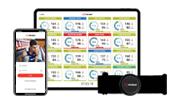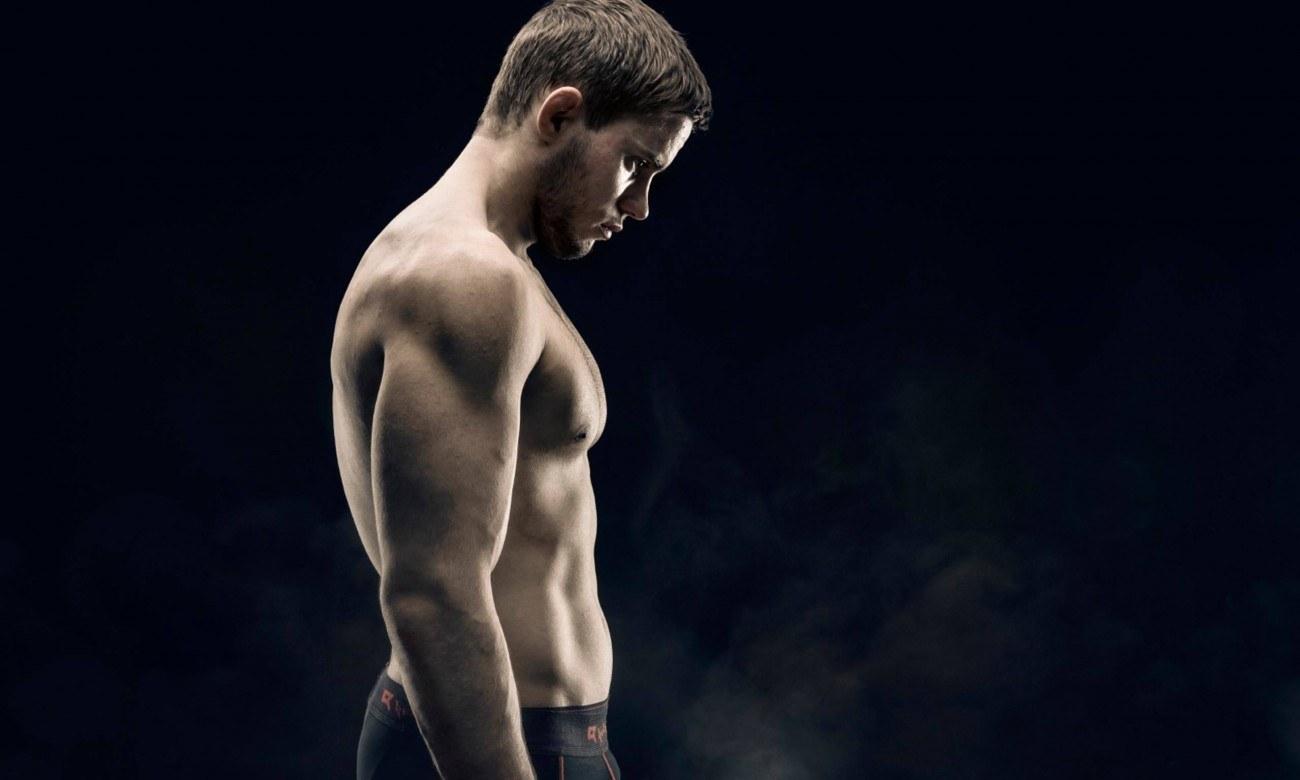
Firstbeat Sports helps Finnish submission wrestler Tuomas Simola avoid overtraining and delivers insights for effective recovery.
Submission wrestling is an intensely physical sport that requires extreme levels of dedication and a sacrifice. It is contested by athletes who have spent years developing the strength, speed and mental toughness required to compete. When the margins between victory and defeat are razor thin and a single misstep or mental lapse can have major consequences, Firstbeat’s 24-hour monitoring and analytic capabilities help athletes make good decisions and train with confidence.

Firstbeat athlete Tuomas Simola is a grappler with lofty ambitions. He has set his sights on winning the ADCC Submission Wrestling World Championships. This prestigious event is hosted by the Abu Dhabi Combat Club in Dubai and features successful professional fighters from around the world. These fighters specialize in a variety of non-striking martial disciplines including jiu-jitsu, wrestling, judo, sambo, shooto and mixed martial arts. Preparing to succeed in a competition like this is a difficult task which requires being ready for anything.
Round-the-Clock Evaluation Supports Elite Performance Lifestyles
Simola’s initial interest in Firstbeat was motivated by his struggles with overtraining. His heavy training load combined with insufficient recovery for his body forced him to take time away from his sport and put his competitive dreams at risk. Firstbeat Sports’ extended monitoring system and analytic capabilities allowed him to look at activities before, during and after training to reveal the real effect of training on his body.
“Firstbeat brings major value to my sports career. Their accurate data about my recovery levels affected training areas and plays a key role in my training regime. I have gone through a long process struggling against overtraining. Now I can see if a training was really hard on my body, or if it just felt tough in the moment.”
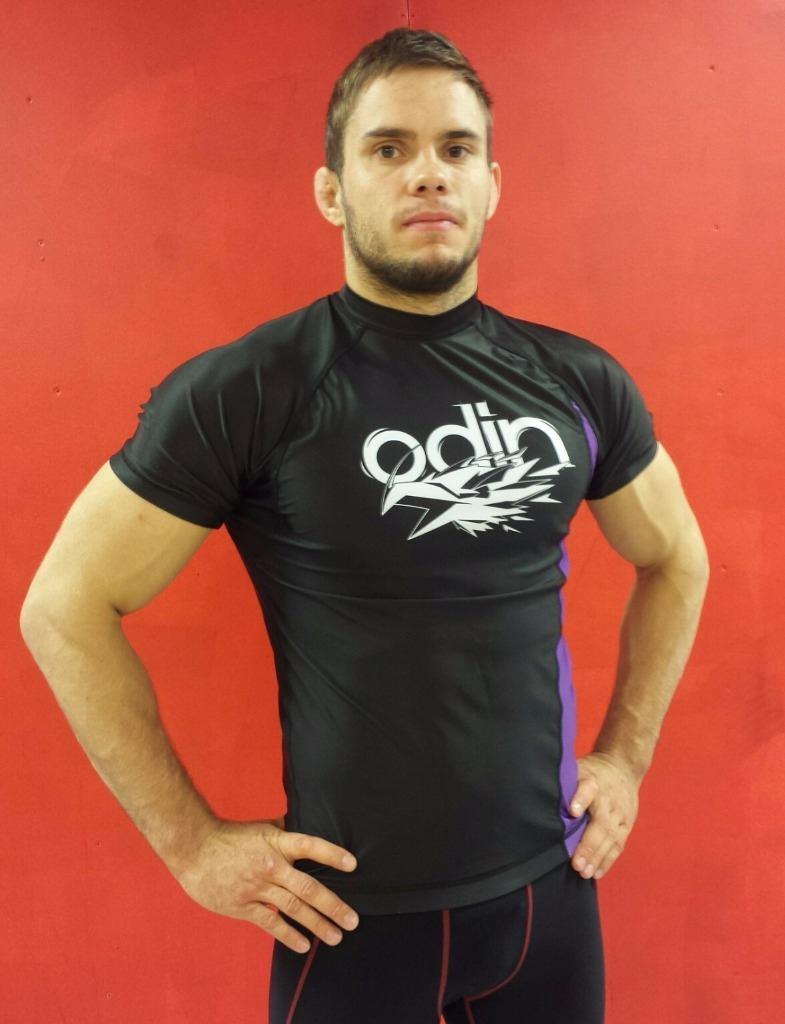
A normal training week for Simola includes practicing twice a day on weekdays and once on Saturday. These sessions involve high-intensity wrestling, lower-intensity technique sessions, weight training and aerobic endurance training. While the time allocated for training (up to 6-hours per day) and composition of his training remains relatively steady, the degree of intensity changes weekly. For example, a normal rotation might balance two weeks of intense training with a week of easier practices. While wrestling is a primary focus in his life, he also has school and relationship obligations to fulfil. Finding time to recover can be difficult.
Insights for Maximizing Recovery for Hard Training
The extreme levels of dedication and effort required to become a champion wrestler can be a source of anxiety for many athletes. Time can be seen as a precious resource, not to be wasted. “I am not good at relaxing, because I always feel like something needs done,” reports Simola. Insights provided by Firstbeat’s analysis confirm when taking a break is the right thing to do. Validating the need for rest can play a critical role in reducing anxiety surrounding time spent away from training. As a result, the recovery process can begin more quickly and becomes more effective over time.
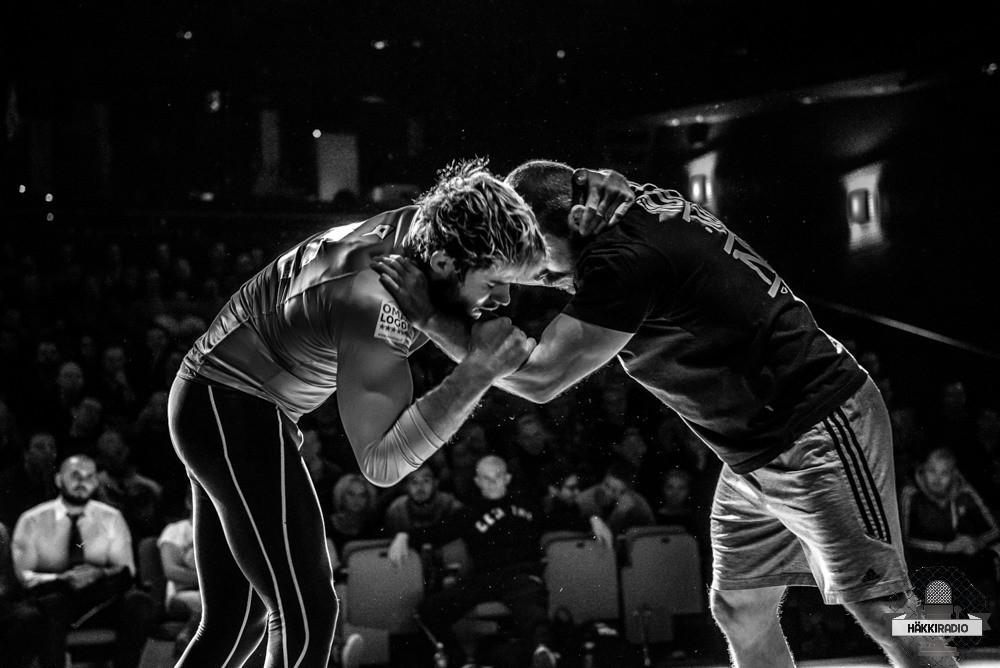
Firstbeat can show me how to recover and prevent future problems. I can also better understand the everyday situations that influence my performance. I often wonder if many things I consider restful actually recover my body. With Firstbeat I can see the answers.”
In addition to revealing his individual recovery needs, Firstbeat’s analytics provide Simola with personalized insights about which activities are the most effective for stimulating recovery. Sitting in a classroom may be physically restful, but analysis indicated that the mental stimulation of engaging in classroom discussions and absorbing new information induced minor stress reactions in the body. As a result, Simola learned that he shouldn’t necessarily include classroom time as part of his recovery efforts. On the other hand, going to a movie with his girlfriend proved to be an excellent opportunity for recovery. “Once or twice a week I like to watch a movie with my girlfriend and immerse myself in it,” notes Simola. “The Firstbeat measurements have indicated me that when I’m watching a movie there are no stress reactions.”
Simola admires people who are courageous and willing to set ambitious goals. He also respects hard work and wants to be seen as a “tough-guy,” who is unafraid of new challenges. Concepts of courage and toughness are undeniably key to great sports performances, but commitment to those ideals occasionally prevents athletes from recognizing the critical role of recovery in their training programs. Together with Firstbeat Simola is actively developing the tools and insights necessary to reach his goals.
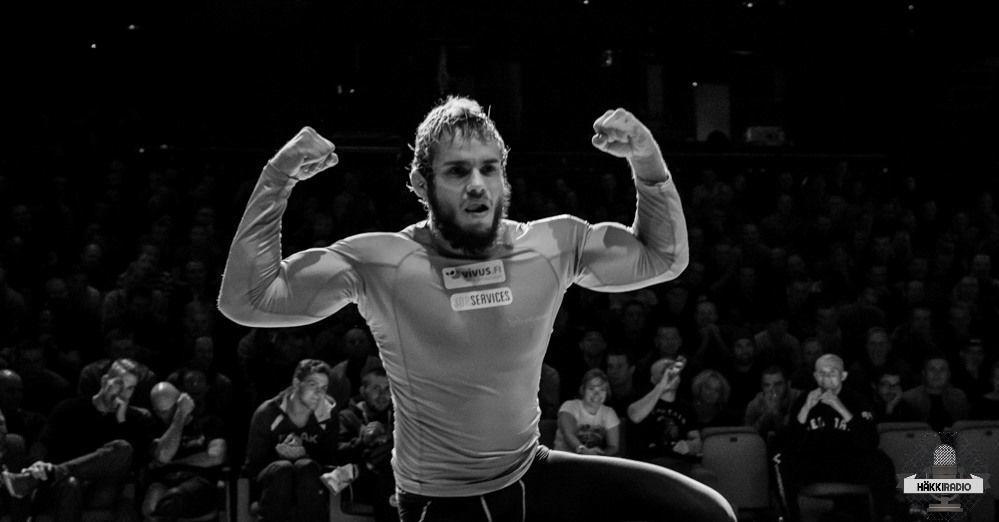
If you liked this article, you should subscribe to our mailing list.
Give your team the Firstbeat Sports competitive advantage.
Contact us for more information or get a quote.
You might also be interested in
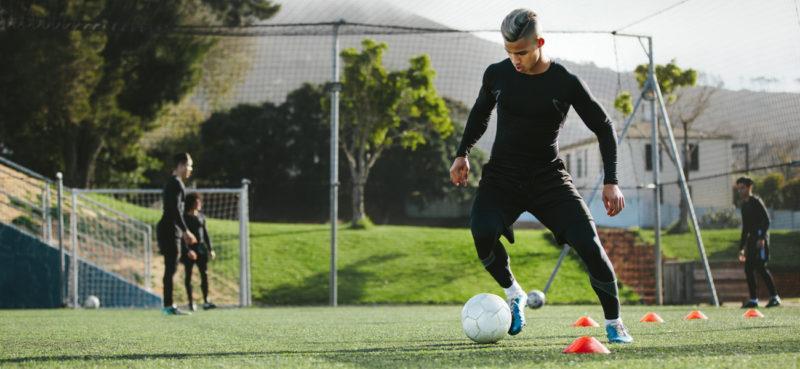
Why Monitor Internal Load in Elite Sports?
A look at the what, how and why of internal load monitoring and why it should form part of your training program.
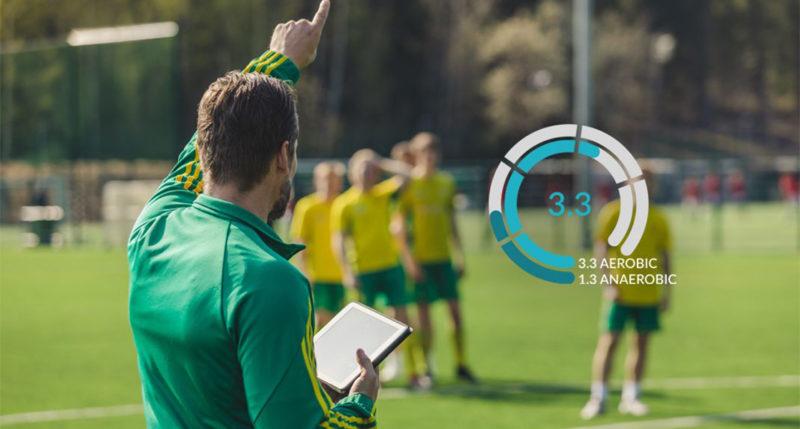
How to Use Training Effect: The Firstbeat Sports Feature that Measures the Impact of Training
In this article, we look at how Training Effect is calculated, the Training Effect scale, and how it is visualized in Firstbeat Sports.
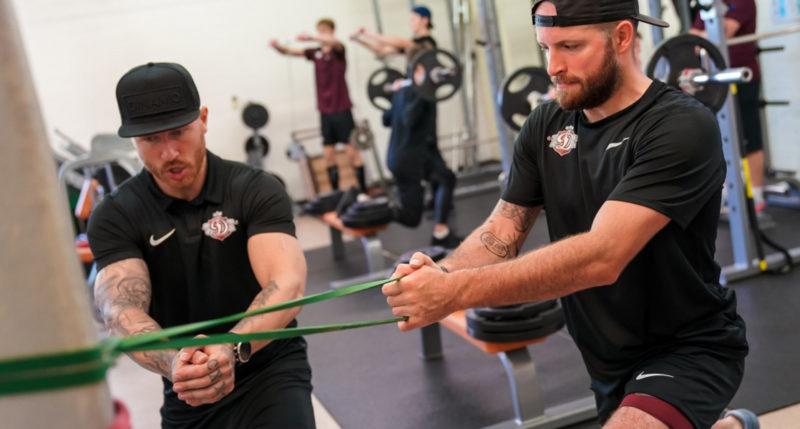
Firstbeat Coach Profile: Raivis Miezans – Dinamo Riga Ice Hockey
Raivis Miezans, the Strength and Conditioning Coach of Dinamo Riga, discusses how he uses Firstbeat Sports with the ice hockey team.

